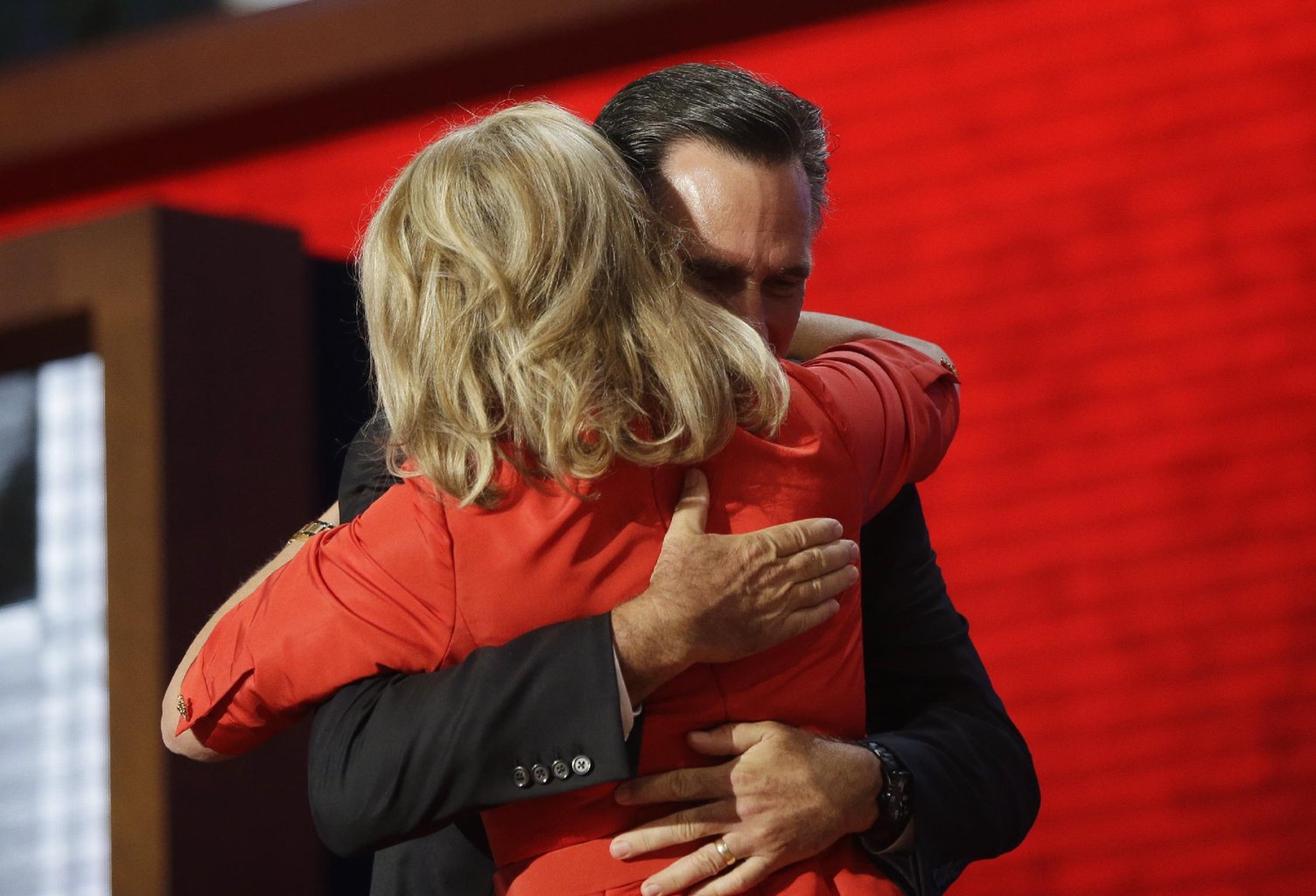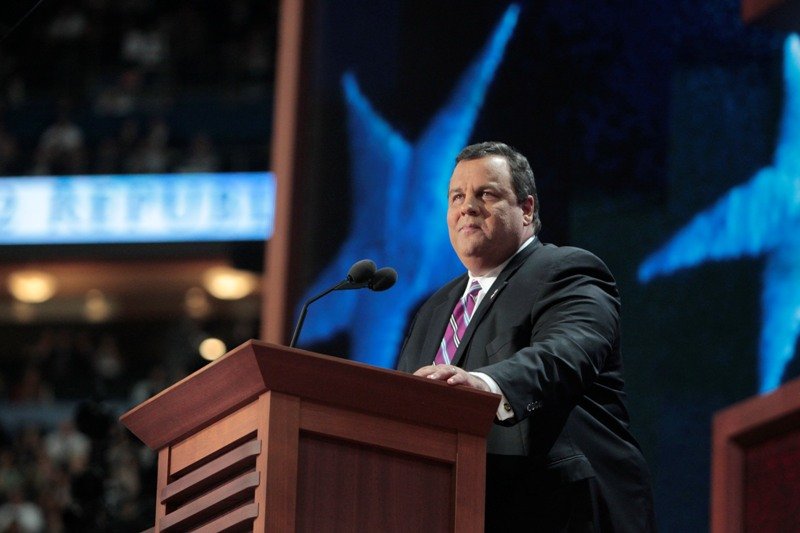Ann Romney gave one of the best political convention speeches ever tonight. All the commentators, mostly men, missed its quality and power, but it was powerful. The sneering liberals mocked her for claiming to empathize with “ordinary women”, when she was so rich and privileged, but she talked more about the issues that apply to women in all stations of life, especially mothers.
A rich mother doesn’t worry less about her kids than a poor mother does, even though a poor mother may have more to worry about in a practical sense. All mothers worry about their kids — it’s what mothers do. Motherhood, practiced with this sort of intensity, was once celebrated in the culture — now it’s criticized, if it seems too obsessive, or seen as one more role to be fitted into a full and busy life.
In truth, as Los Lobos once sang, “A mother’s love is like a story never told” — at least now in our culture — but Ann Romney spoke as a mother to other mothers, and it was startling. She’s a woman who “has it all” if there ever was one, but she made it clear that having it all isn’t everything. The kids, and by extension the marriage, are everything.
It’s too bad that the convention planners wheeled out an animatronic figure of Mitt Romney to awkwardly embrace Ann after her speech. Or was that robotic thing actually Mitt himself? I don’t even want to go there — the thought is too terrible to contemplate.
It was, however, a brilliant idea to have John Candy deliver the keynote address after Ann’s speech. Many, like myself, who thought that Candy was dead must have been delighted to see him alive and well, robust and animated, and doing such a spot-on impersonation of Winston Churchill as a New Jersey thug.




Big deal — Ann Romney loves her children. This is news?
What I do care about is the Republican plank and the GOP’s policies towards women, which are all about controlling women and limiting their access to health care. That’s what the moms (and childless women) she’s addressing should be thinking about, not that Ann Romney empathizes with them.
I agree in policy terms — but it was still a really good speech.
It was a really good speech if you like speeches that reflect a profoundly conservative view of women and their role in the world. “We’re wives! moms! sisters! daughters! and because we’re women, we’re going to have it harder than all the men! That’s just the way it is!”
*sigh*
For me — a wife and sister and daughter, though not a mother — it was a massive collection of cliches.
I really don’t how that speech could relate to women who are not only moms, sisters, and daughters, but also artists, astronauts, scholars and teachers, bankers, soldiers, cleaning women, business executives and administrative assistants, etc. who want equal opportunity in the workplace and equal pay.
“Senate Republicans Again Block Pay Equity Bill”
http://www.nytimes.com/2012/06/06/us/politics/senate-republicans-block-pay-equity-bill.html
What do you say about that to all the working-outside-the home moms, wives, sisters and daughters, Anne Romney? You do mention working (outside the home) mothers once in your speech, but only to say how they’d like to spend more time at home.
I know you don’t see much difference between Mitt Romney and Barack Obama, and I am disappointed in Obama too for many reasons, but on women’s issues, Obama clearly wins — and that’s why there is a huge gender gap. And the gender gap gets bigger when you poll just college-educated women. Most women do understand that having control of their reproductive rights has a lot to do with the state of their personal economy. These issues ARE intertwined.
I can’t disagree with anything you say, but it seems to me that motherhood does get short shrift in the culture these days — in the sense that it’s not celebrated for itself the way it once was. It makes some stay-at-home mothers feel that they played it safe or something by not becoming astronauts, didn’t fulfill their potential — but I’d say being a stay-at-home mother is way harder than being an astronaut, and just as valuable. In the old days the culture used to try and shame women who chose careers over family — and that was just as wrong.